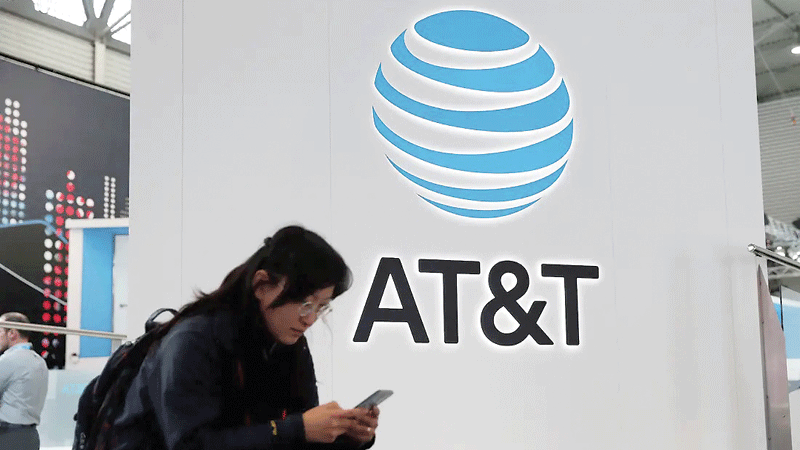

WASHINGTON: When Randall Stephenson joined 180 of his peers leading many of the richest US companies in signing the Business Roundtable pledge on the “purpose of a corporation” in August 2019, the then-chief of AT&T Inc promised to look out for the interests of all the wireless carrier’s stakeholders, not just shareholders.
Two months later, the Dallas-based company outlined a plan for cost reductions that also prioritised dividends and stock buybacks for shareholders, succumbing to pressure from $41 billion hedge fund Elliott Investment Management LP.
Activist investor Elliott had said its proposals would deliver “substantial benefits” for shareholders, consumers and employees, but not everybody came out ahead.
By the end of September 2020, AT&T had eliminated 23,000 positions, or about 9 per cent of its workforce, many of them during the pandemic.
Already one of the corporate world’s top dividend payers with $14.9 billion spent in 2019, AT&T had raised its common dividend by 2 per cent and bought back $7.5 billion of its stock.
“We are the face of AT&T and we go out of our way to help customers communicate with their families’’, said Darren Miller, a 35-year-old technician whose job was cut last July.
“But we are a dime a dozen to them. If they can get someone cheaper to do the job, they will do it.” Miller, who worked in Reseda, California, said he accepted a buyout offer after managers told him he might be laid off later on less generous terms, something he said his local union representatives told him happened to dozens of other employees in the state.
AT&T spokesman Jim Kimberly said most of the workforce reductions “were from voluntary departure offers and attrition” and declined to comment on individual cases.
He added the company had for years practiced a “meaningful commitment to all stakeholders” through programmes that include worker retraining and environmental and social justice efforts.
AT&T also ended share buybacks once the pandemic hit, and has not increased its dividend since, Kimberly said.
Some advocates of a socially-minded stakeholder capitalism say AT&T’s case is representative of the hurdles they face in challenging the leverage investors have over US companies.
The voluntary governance pledge signed by the CEOs didn’t spell out specific actions, but had the stated aim of moving away from “shareholder primacy”.
Yet while signatories subsequently reduced payouts to shareholders as companies put away cash to shield themselves from the financial fallout of the Covid-19 pandemic, they still give a greater share to investors than those companies that did not sign the pledge, according to a Reuters analysis of data compiled by financial information provider Refinitiv.
The analysis found that the 171 publicly traded companies that signed the pledge returned a median 60 per cent of net income to shareholders during the first three quarters of 2020 through dividends and buybacks, versus a 50 per cent return among the 355 S&P 500 firms that did not sign the statement. — Reuters
Oman Observer is now on the WhatsApp channel. Click here



